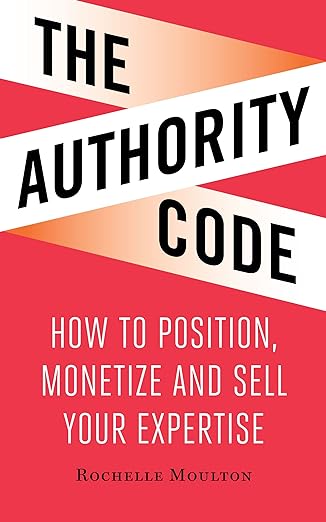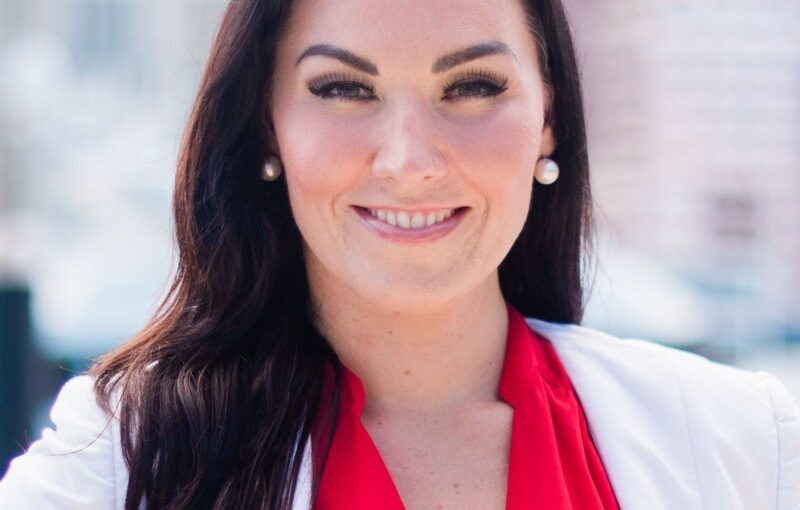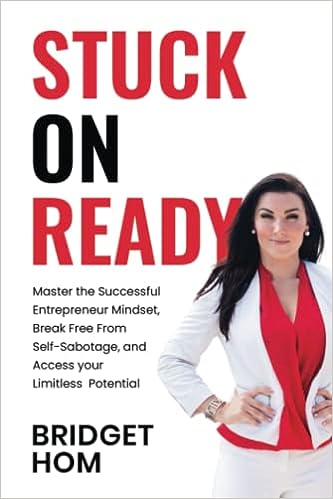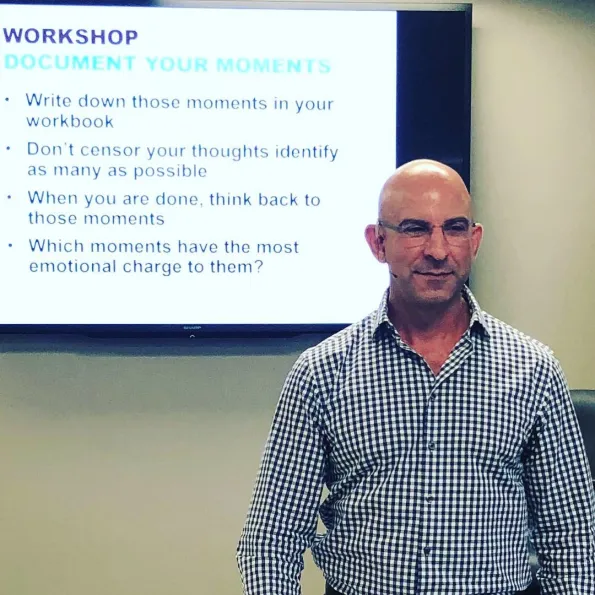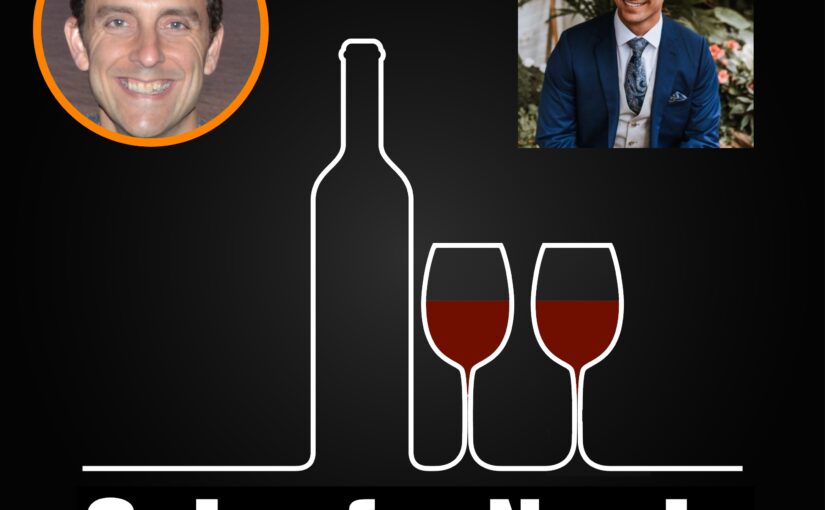If you prefer the video…

Alistair’s first job out of school was writing assembly code for IBM mainframes, then went to Sun Microsystems to work on their Solaris operating system. (He may be the nerdiest guest we’ve had.)
He didn’t like working for someone else, and started an SEO (Search Engine Optimization) business. (He started a couple of projects on the side, before he quit his job.)
He also took a course on starting a business, and reached out to the teacher, who gave him a hook up for a cheap trade show booth, because another business had backed out at the last minute.
He got a lot of leads at the tradeshow, but didn’t know what to do with them. So he asked for help again, and learned to create offers. (Some of the leads needed SEO, and some needed a website.)
Alistair ended up calling this business Website Doctor (a brand he still uses).
However, he realized he had no specialization. Every project was different. Everything required word-of-mouth.
He started planning a podcast in July 2014 and he launched in April 2021. He didn’t know what audience he was trying to target.
Alistair groups business development strategies for consultants into 3 buckets:
- Referrals (how most consultants operate)
- Outbound sales (yuck)
- Inbound (the Holy Grail for Alistair)
Alistair has worked with a lot of coaches, but Philip Morgan, author of The Positioning Manual for Indie Consultants (great book, btw, and I need to have Philip come) was a key influence that Alistair reached out to ask for help. Phillip helped him niche down, from “Marketing for Consultants” to “the Recognized Authority”.
If you’re a local brand, you don’t need as much differentiation, because you only have local competition. But if you want to compete globally, you need to niche down and become the “recognized authority” in that niche. “If you’re everything to everybody, you’re nothing to nobody.”
If you pick the right niche, there are more than enough clients.
When you niche down, you can become known for what you do, unlike being a generalist. You avoid the blandness of generic content. You avoid the constant learning curve of being a generalist. As a specialist, you can go beyond the surface level, and the people in your tribe, know that you get them and their issue(s). You want to be like the doctor or lawyer who deals with your particular problem all day, every day.
(Don’t like the idea of “niching down”, try “niching up”, the great turn of phrase from podcast guest Ellen Melko Moore.)
Most common specializations are horizontal (problem-based) and vertical (industry-based). Ideally, you do both.
David C. Baker says you should have at least 200 businesses in the market you’re targeting.
Note that you can experiment with your positioning with test campaigns or even just testing when you speak to people.
List your past projects. What was the client’s ability to pay? How much did I like working on the project? What patterns emerge? This is how Alistair figured out how to zero in on consultants.
Alistair’s 5 Steps for better Positioning:
- Past Client Analysis
- Skills & Interests Assessment
- Small Scale Research to validate ideas
- Craft Test Positioning (“I help these people solve this problem” or some variation on that, but keep it simple. This also makes it easy to keep a history of your evolving positioning)
- Validate and Iterate. Every time someone asks, “what do you do?”, you get a chance to do this.
Then create content, in whatever format you like, aimed at helping your niche solve the big problem you help them solve. This is a great way to market for an introvert, and it lets people arrive “pre-sold”.
The Wine Whiskey
Alistair enjoys some Jameson Crested Irish whiskey (quite a solid pour, I might add, although I didn’t really give him a chance to drink it during the episode).
Reuben has a glass of Rokkosan 12 year old Japanese whisky.
Where to find Alistair
Catch Alistair’s The Recognized Authority Podcast (and check out this episode on Creating Stress-free Consulting Proposals, with yours truly)

Where to find Reuben
@Sales4Nerds, @Mimiran, Mimiran.com.You can also listen on Overcast, or Subscribe on Android, or Player.fm.
Want a way to make sales and marketing fun, without being “salesy”? Try Mimiran, the CRM for elite solo consultants who love serving clients but who hate “selling”.
It also has a “mad-libs” style wizard to help you lay our your mission and positioning, including your origin story and customer stories so you can hone and share your unique perspective. Plus, Mimiran makes follow-up a breeze, so staying on top of those busy editors is easy. And lead magnets let you convert your exposure into leads and conversations.
Get alerted when there are new episodes (1x/month):


